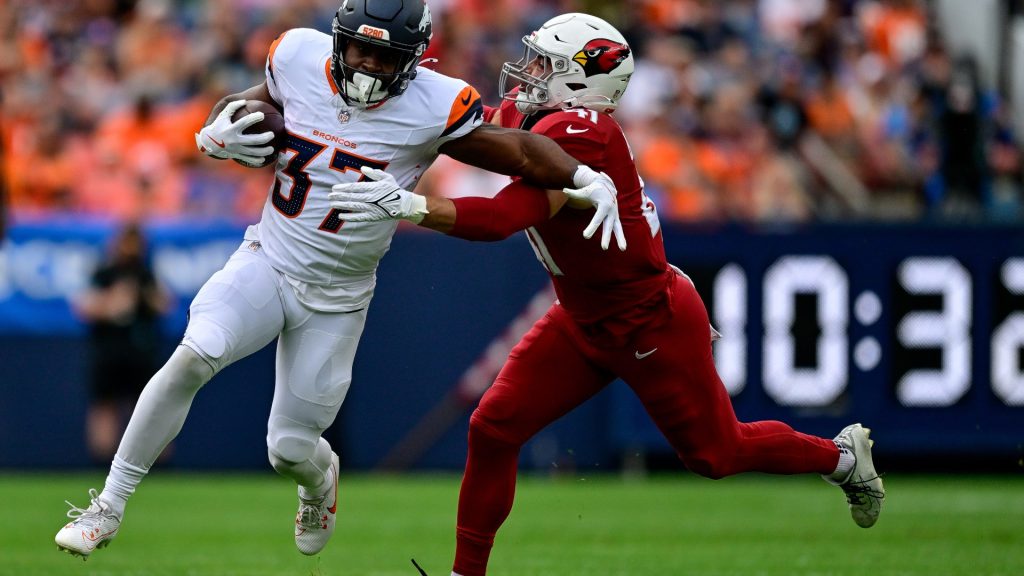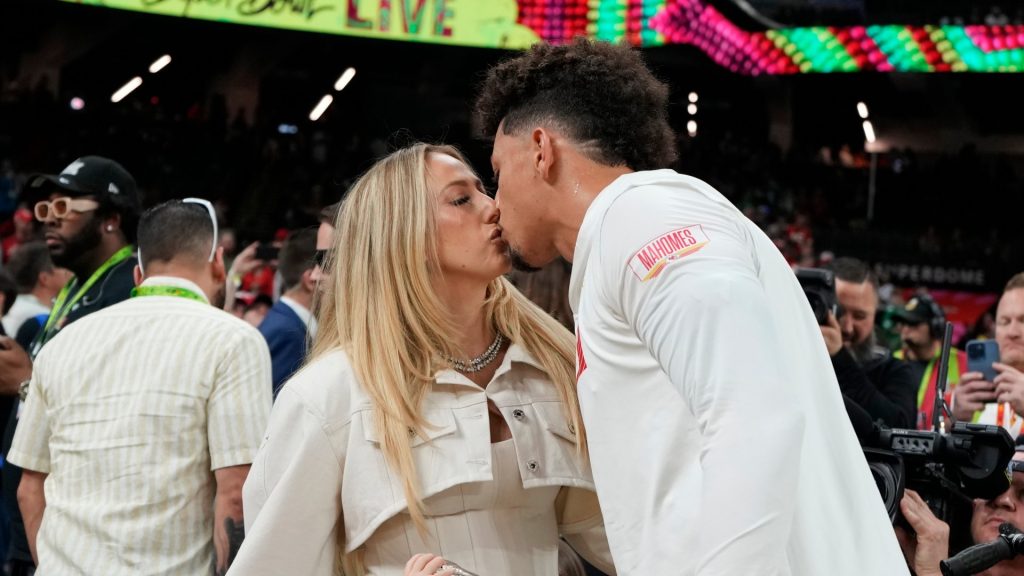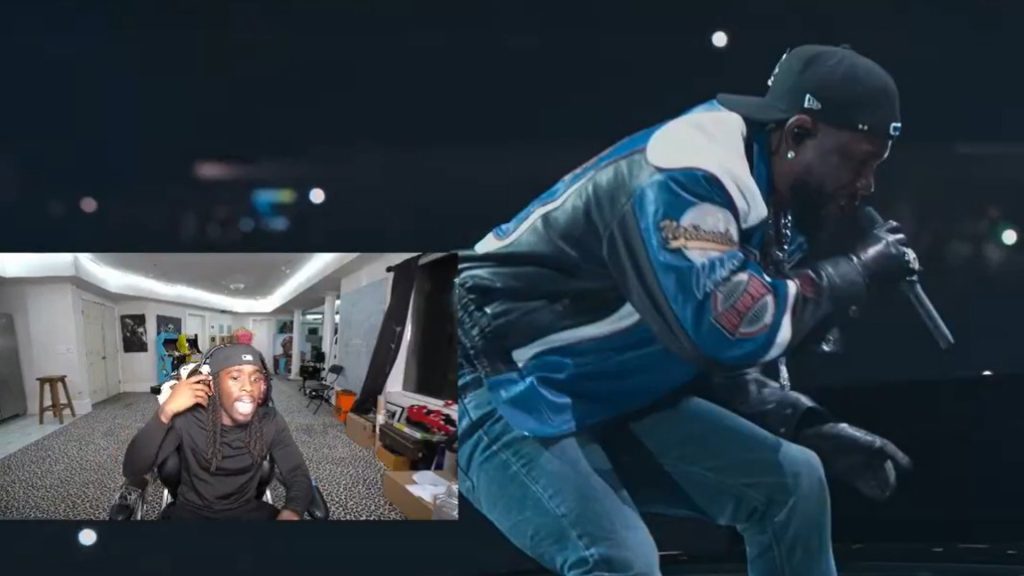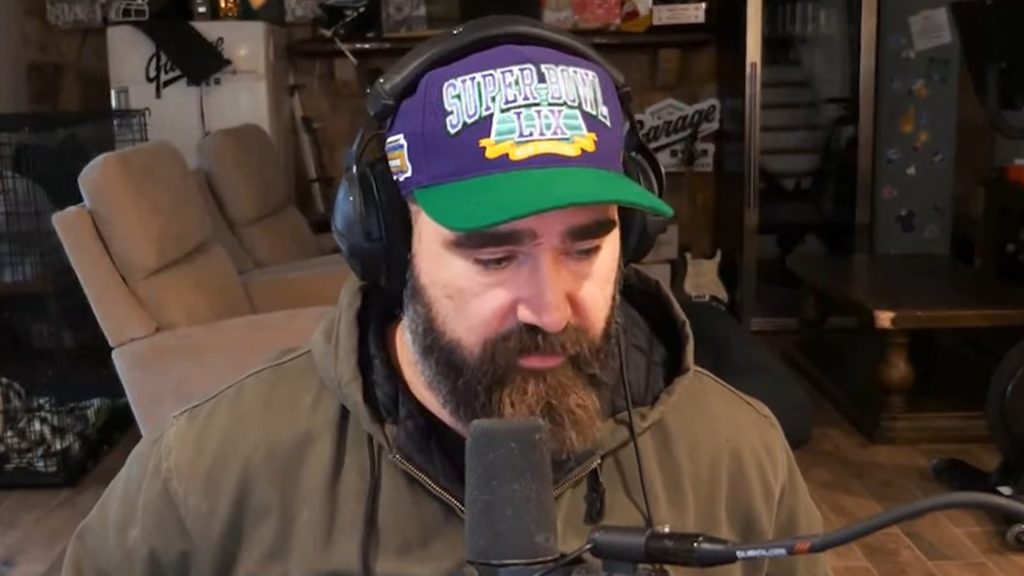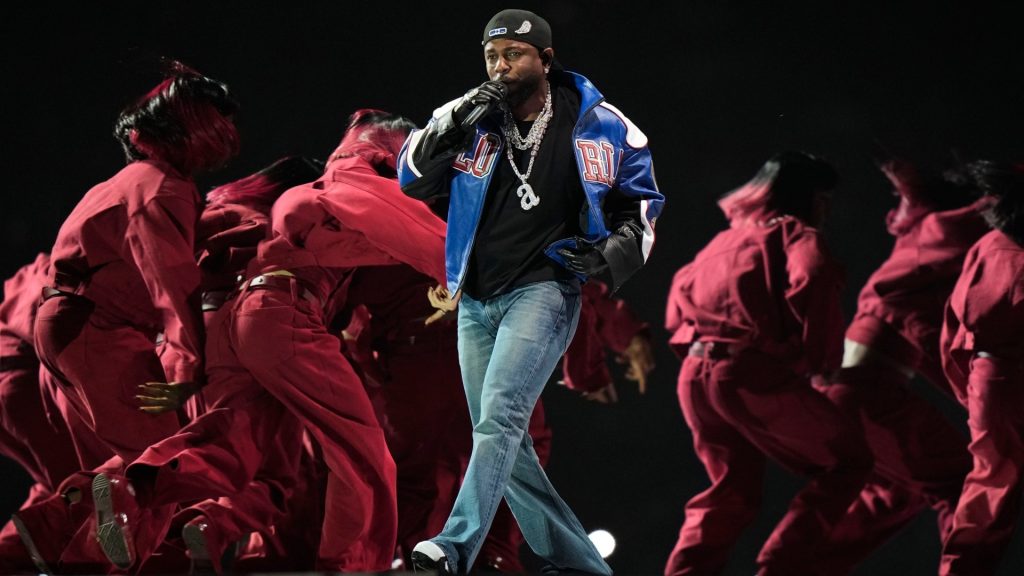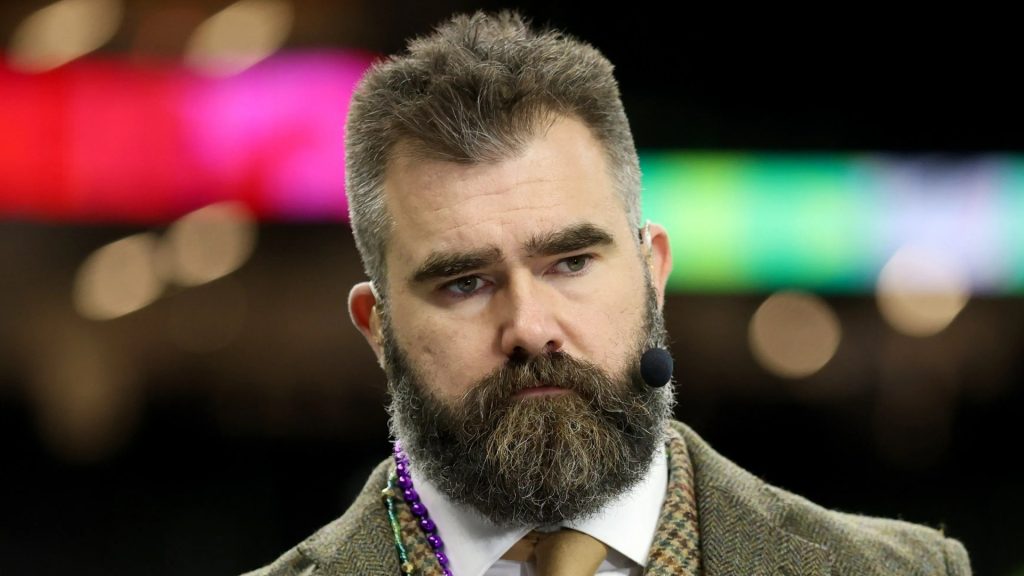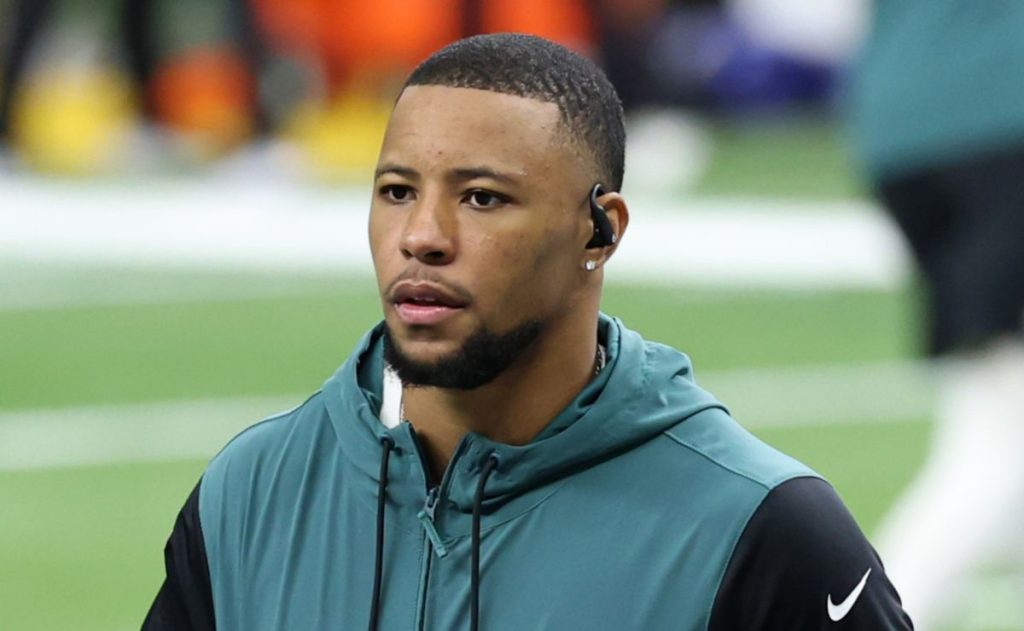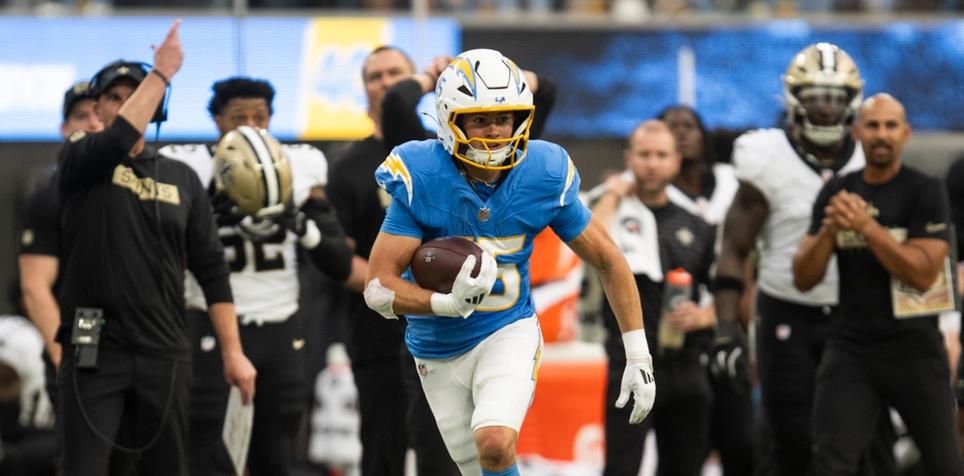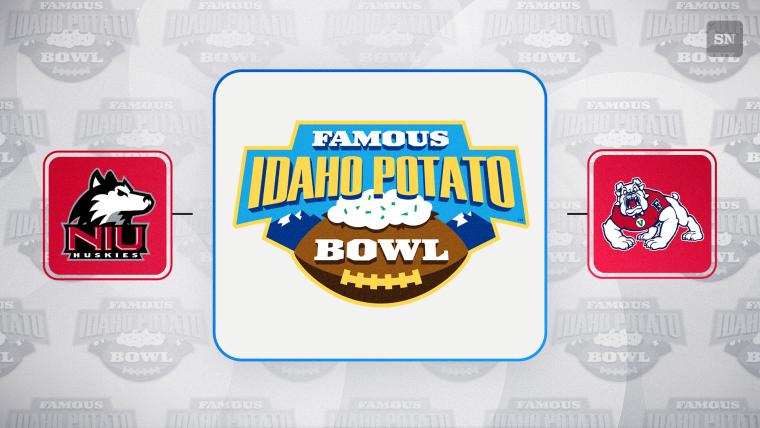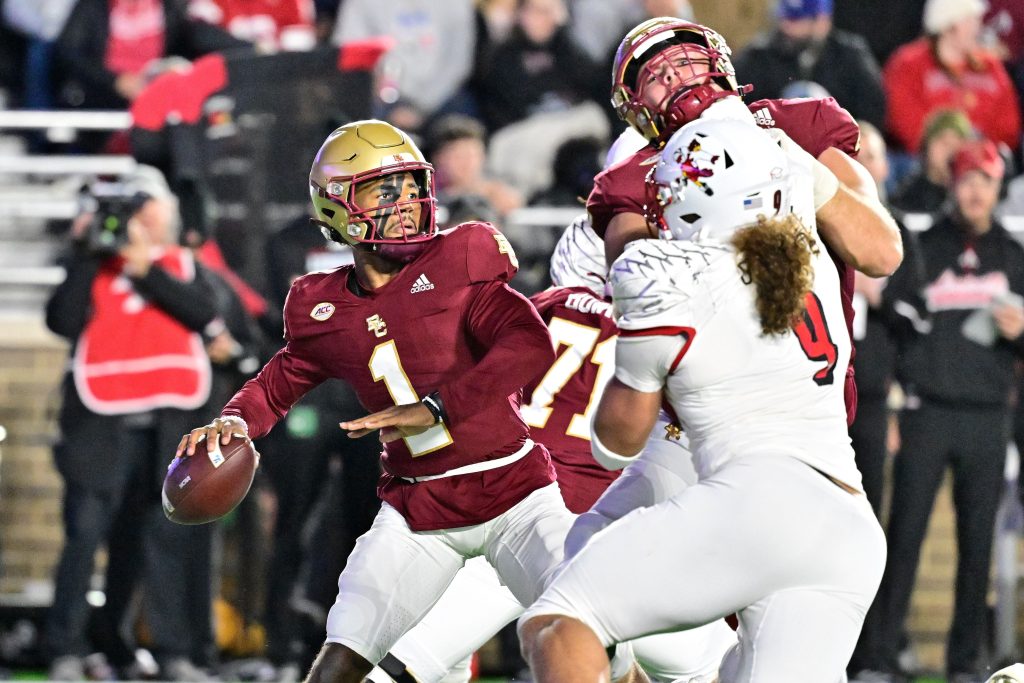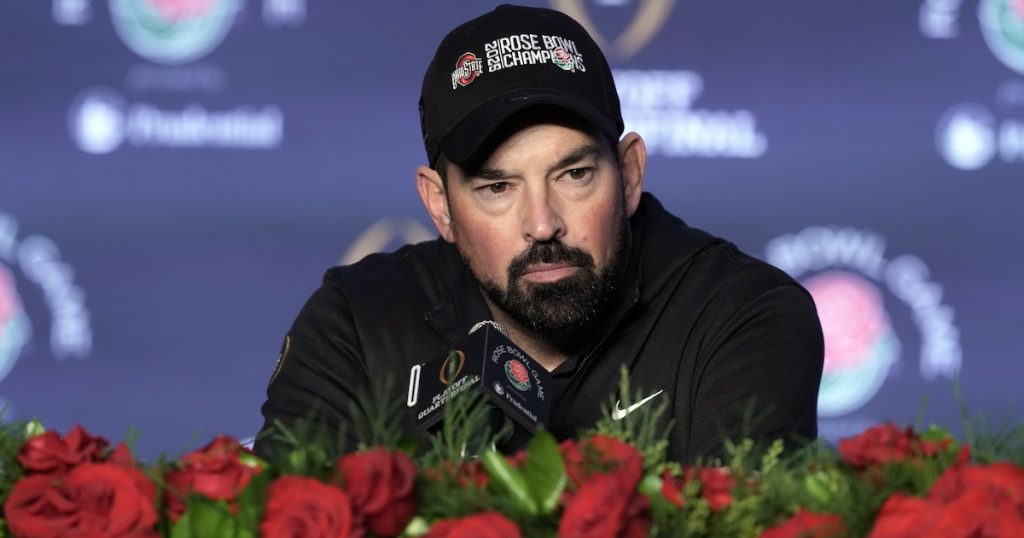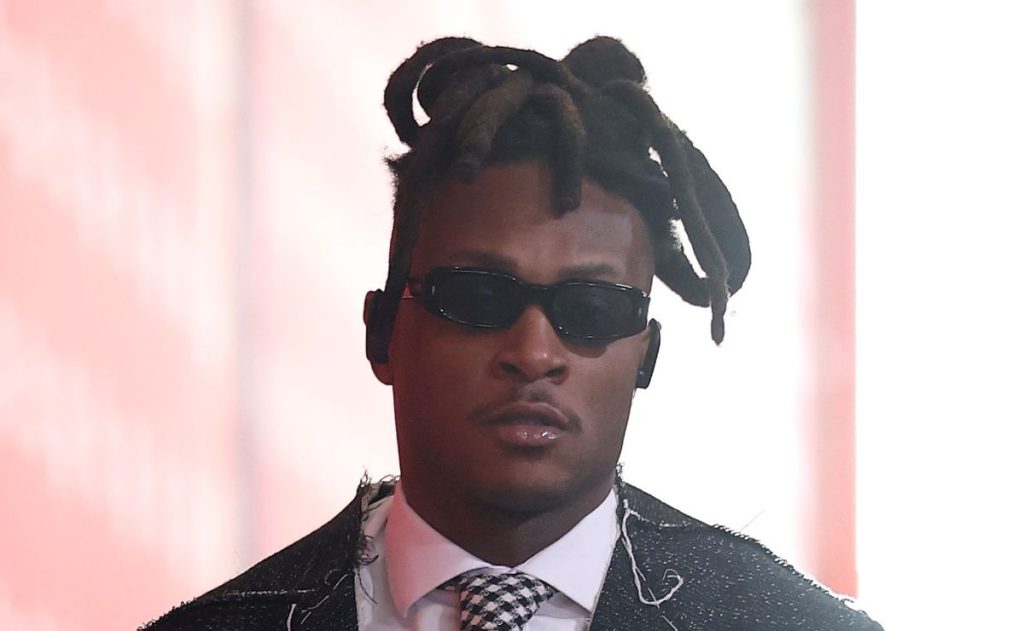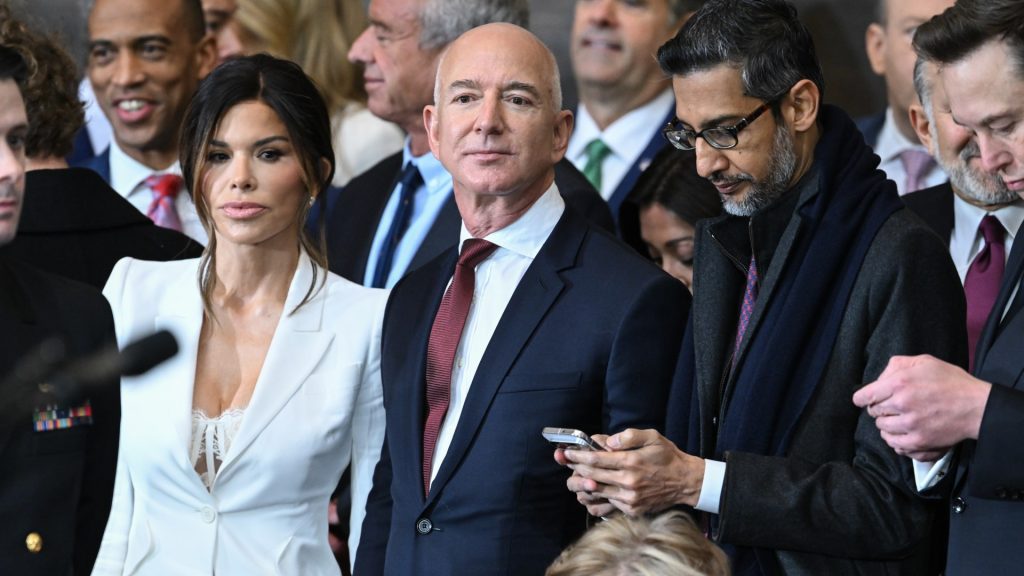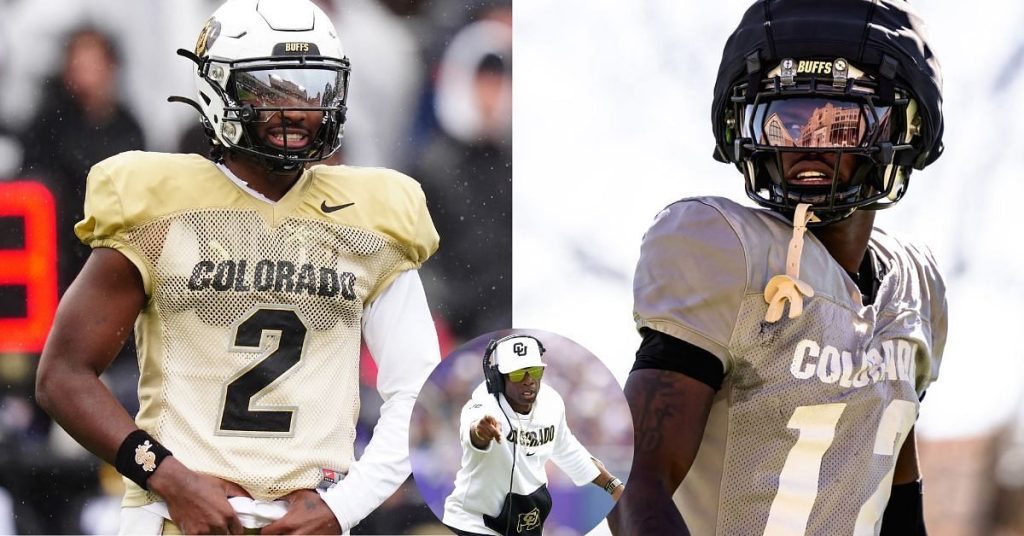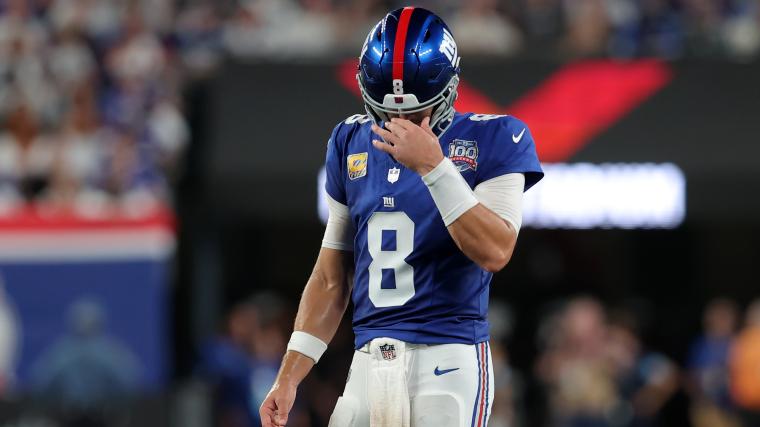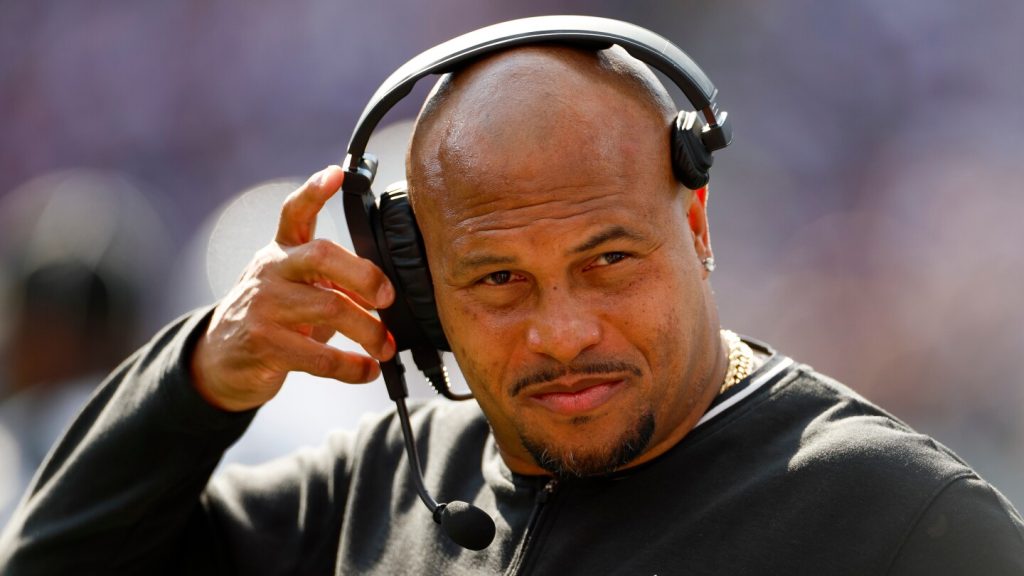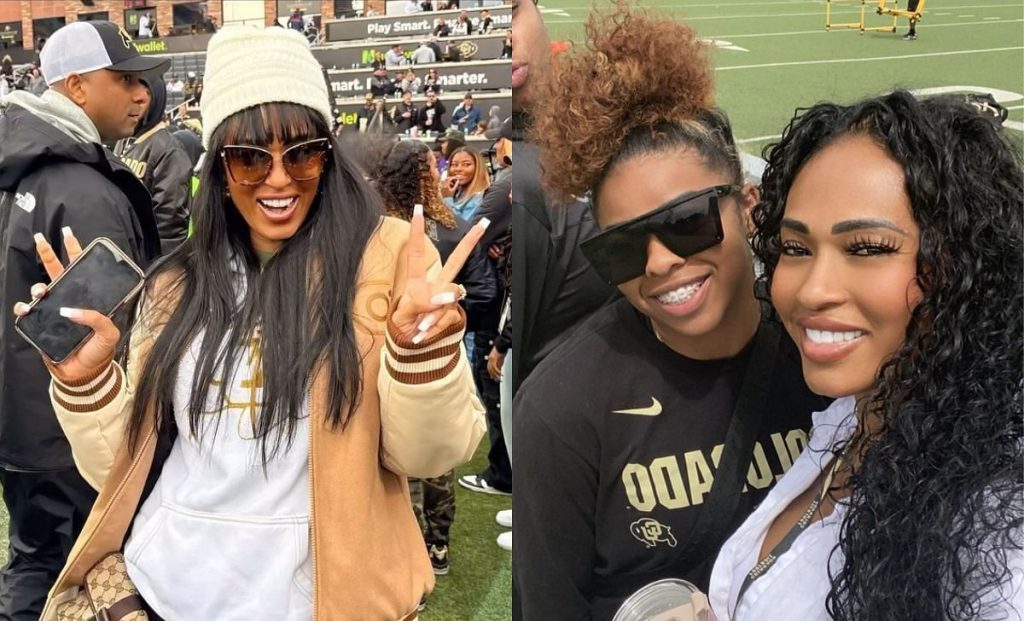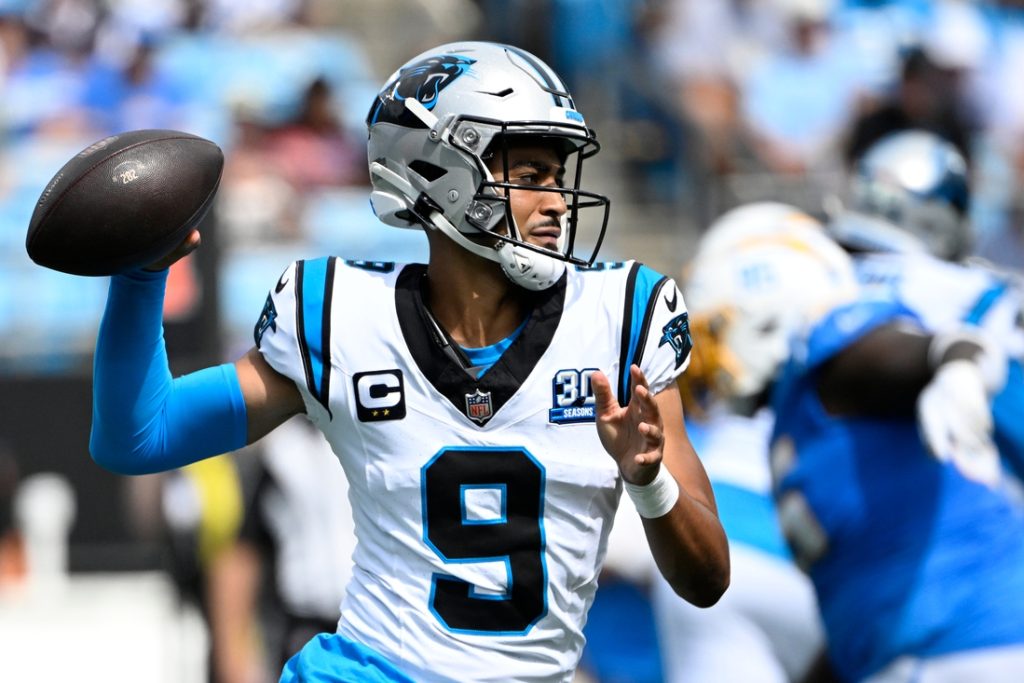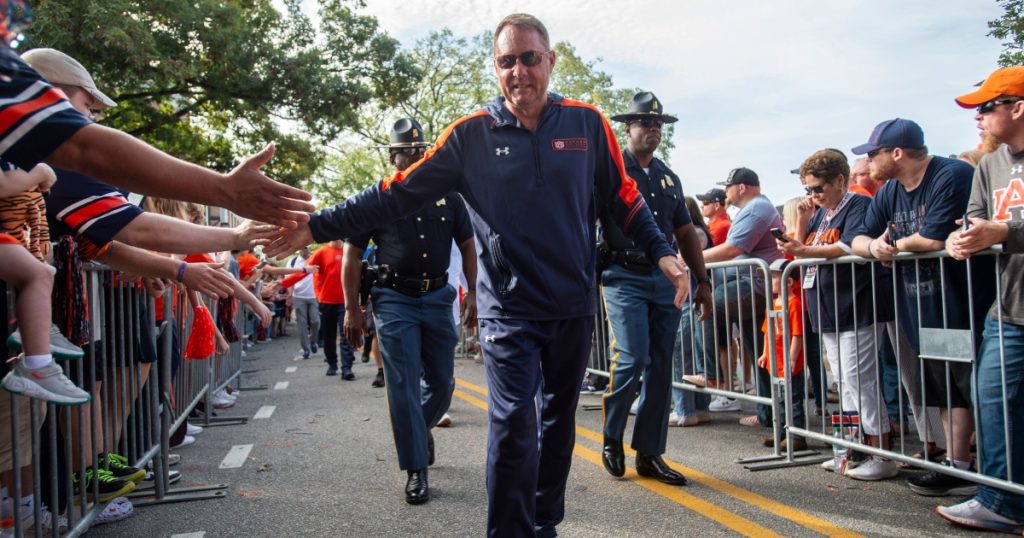Arizona Cardinals linebacker Marcus Bailey has been handed a suspension by the NFL due to a violation of the league’s performance-enhancing drugs (PED) policy. This decision comes after Bailey was found to have traces of a banned substance in his system, leading to a suspension that will keep him off the field until at least January 5.
Bailey, who has only played one game this season, expressed his frustration with the NFL’s policies following the announcement of his suspension. He took to social media to clarify his position, stating, "I would never have intentionally taken a banned substance." This sentiment reflects a common theme among athletes facing similar situations, where the burden of proof often lies heavily on them.
Details of the Suspension
The specifics of Bailey’s suspension reveal a six-week absence from the game, which is significant for both him and the Cardinals as they navigate the season. The linebacker has been a part of the team’s roster since his draft in 2020, and this setback could impact his future with the organization.
Bailey’s defense hinges on the notion of accidental contamination. He noted that only 0.05 nanograms of the banned substance were found, suggesting that the trace amounts could have come from contaminated food or supplements. His lawyer, Rick Collins, echoed this sentiment, highlighting the NFL’s strict liability policy, which holds players accountable for any banned substances detected in their system, regardless of how they entered.
Frustration with NFL Policies
The NFL’s approach to PED violations has come under scrutiny, particularly from players like Bailey who argue that the rules do not account for inadvertent ingestion. "Unlike some other sports, the NFL offers no reduced sanction for food or supplement contamination," Collins explained. This strict stance can lead to harsh consequences for players, even when they maintain that they did not knowingly consume banned substances.
Bailey’s situation has sparked a dialogue among fans and analysts alike. While some sympathize with his plight, others remain skeptical. Comments on social media reflect a mix of disbelief and criticism, with fans pointing out the familiar narrative of athletes claiming innocence after a positive test. One fan remarked, "The classic ‘I got caught but anyone who knows me knows I wouldn’t do this’ quote. A tale as old as time."
Impact on the Cardinals
The timing of Bailey’s suspension poses challenges for the Cardinals. With the team striving to improve their performance this season, losing a key player like Bailey can hinder their defensive strategies. He has only seen action in one game this season, which was against the Los Angeles Chargers on October 21. His experience, particularly from his previous tenure with the Cincinnati Bengals, where he reached the Super Bowl in 2021, adds depth to the Cardinals’ lineup.
As the Cardinals prepare for the upcoming games, they will need to adjust their defensive lineup to compensate for Bailey’s absence. The team will be looking for other players to step up and fill the void left by the suspended linebacker.
Fan Reactions and Community Response
The reaction from the fanbase has been mixed, with many expressing disappointment over Bailey’s situation. Some fans have called for greater accountability from players, suggesting that they should own up to their actions rather than deflecting blame onto league policies. "I’d love for once a player just admit yeah I did it I got caught I’m sorry," one fan stated, emphasizing the desire for transparency in the league.
The community’s response highlights the ongoing tension between athletes and the league’s regulatory framework. As discussions around PED policies continue, it raises questions about the balance between maintaining the integrity of the game and allowing for the realities of modern sports nutrition and supplementation.
Looking Ahead
As the NFL season progresses, all eyes will be on Bailey and the Cardinals. With his suspension set to last until January 5, the linebacker will need to focus on his training and preparation for a potential return. The Cardinals, meanwhile, will aim to navigate the challenges posed by his absence and remain competitive in their division.
In the broader context, Bailey’s case serves as a reminder of the complexities surrounding PED policies in professional sports. As athletes strive to perform at their best, the line between fair competition and the risk of unintentional violations becomes increasingly blurred.
Ultimately, the NFL’s strict policies will continue to shape the landscape of the league, influencing not only how players approach their training regimens but also how fans perceive the integrity of the game. As the season unfolds, the implications of Bailey’s suspension will resonate throughout the Cardinals’ locker room and beyond, prompting ongoing discussions about fairness, accountability, and the future of player health and safety in the NFL.

